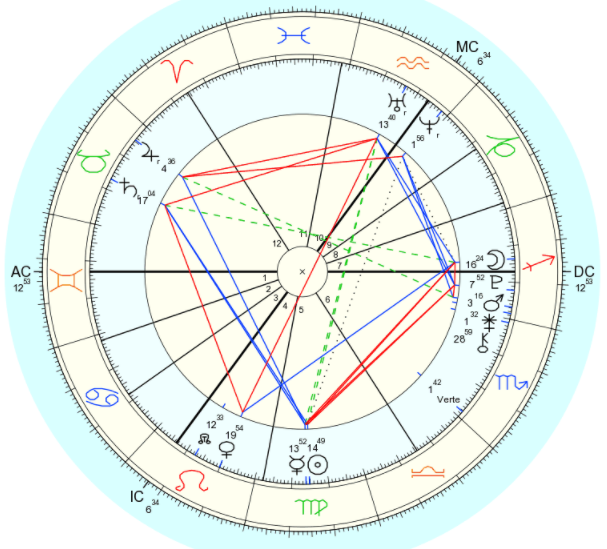Everyone knows about the possessions and materialism of the second house, but before we can arrive at these, there are the values.
In this article, it really beautifully puts that the second house is not just about our physical possessions, but our mental ones, too. We are our greatest possession! This could be seen in the way we choose to conduct ourselves or use our abilities. The second house in us is seen in our emotions, wants, and values – some of the most unique parts of us!
It is also linked to the meaning of things. Why we own the things we do, or strive to be what we do. There is a reason for the actions of the second house! The key here is that the material action that we all know of has come out because of an inner desire from ourselves: that one true possession of ours.
How does who we are relate to the second house? Who we are relates to every house, planet, aspect we have, right? Whether it be how we are in love, what we want in our career, or our internal search for knowledge, there is a meaning that cannot be taken away from us. There is a meaning in all of our placements that goes beyond the material of what we see. The second house finds its meaning when we look at how we choose to conduct ourselves around the material world and use it to our advantage. We use the values taught to us by the second house – how we should treat things, ourselves; what would make us happy in life – to aim for the end goal. We look at the second house, we see the perfect image of what we want later in life, and we use that to spur us on through our other houses. Following the first house, the house we enter the world into, the second house entails a beginning to our understanding, when we can begin to recognise and strive for things. The values learnt here could teach us what kind of career we need, or how many friends we think we want, or how to treat our family so we can have them there when we are older.
Continue reading The Untold Truth of the Second House

